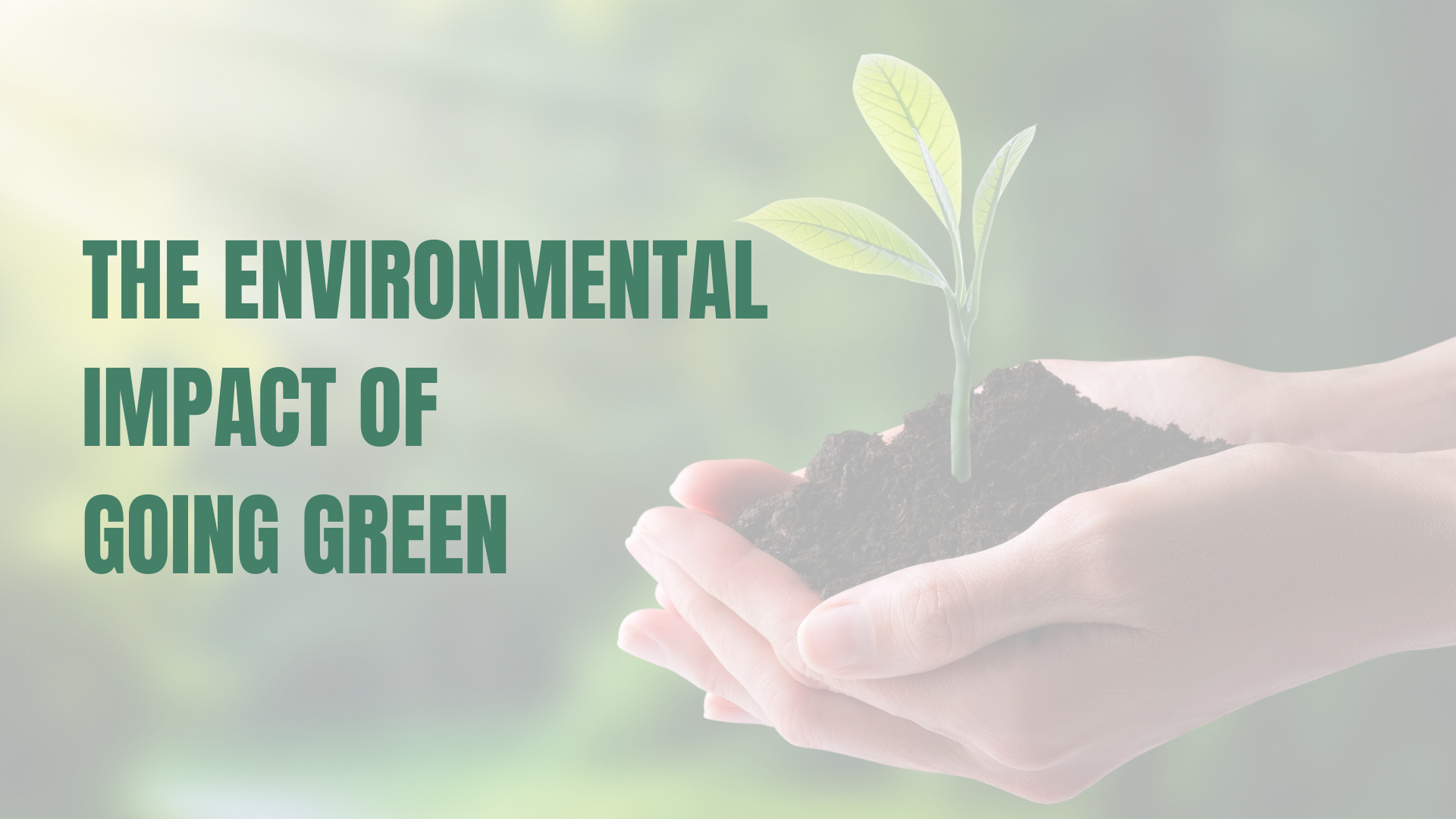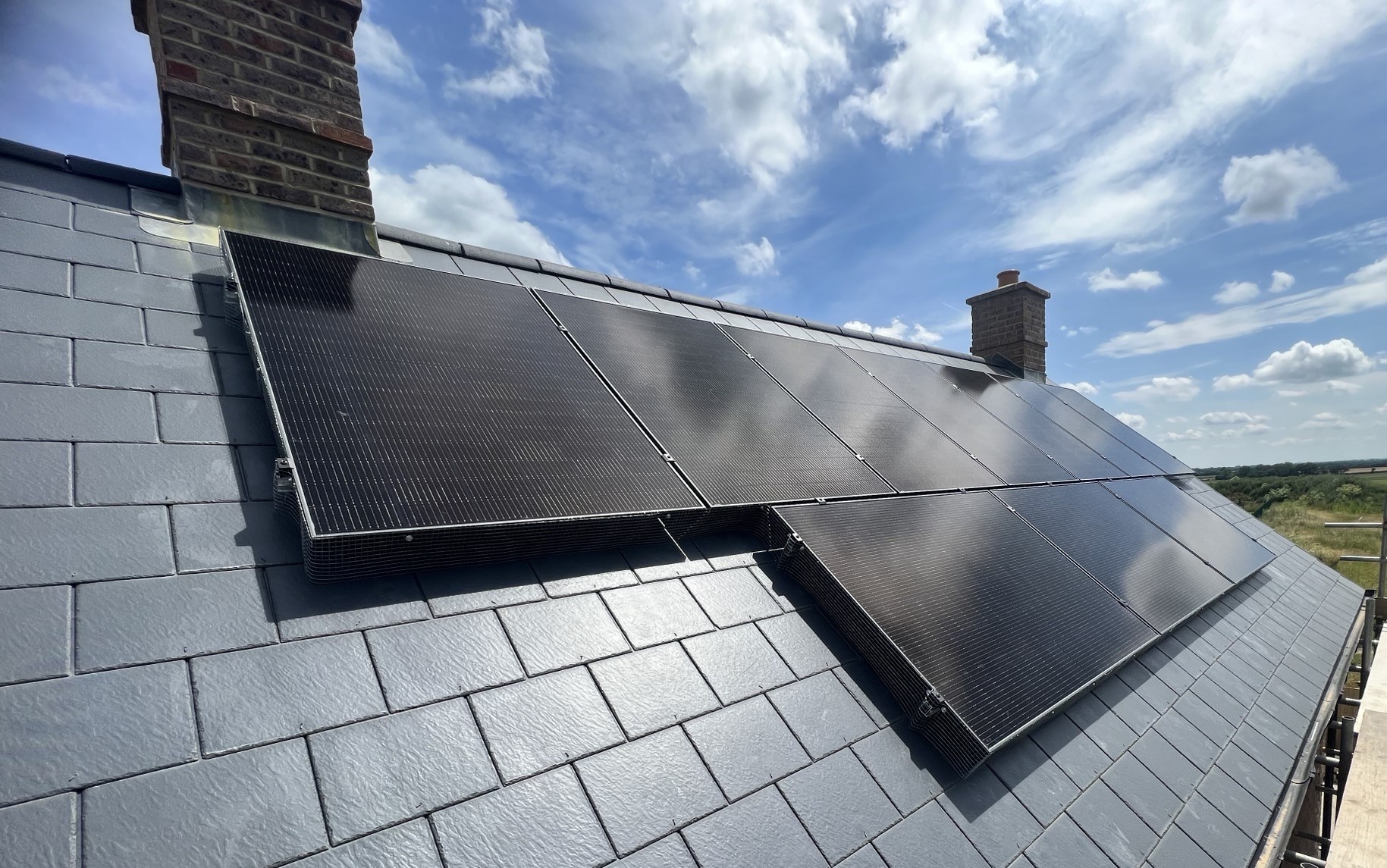What’s the Real Environmental Cost of Going Green?
As the world becomes more aware of climate change and the consequences of using fossil fuels for energy production, solar power has become more popular. With over 1.5 million domestic solar installations in the UK already, it’s time to see what the true cost of ‘going green’ is to the environment.
The Environmental Cost of Manufacturing Solar Panels
Like any manufactured product, solar panels have an environmental cost. Energy-intensive production mining for the core components to make solar PV panels – silicon, aluminium and copper – when mined irresponsibly can have a major environmental impact. Solar panel production, whilst lower than fossil fuel production, emits CO₂. Mainly from the production of the solar panel from the manufacturing processes in the factories. Chemicals and solvents used in the manufacturing process can also cause pollution when not handled or disposed of responsibly.
How is the Environmental Impact Handled?
As the demand for solar PV has increased, manufacturers are looking for ways to improve technology to increase sustainability and reduce the environmental effects of solar PV production. Land used for mining of raw materials is often reclaimed and restored to its natural state to encourage wildlife and biodiversity.
Technological advances also mean less of the raw material is required – the amount of silicon used in modern solar PV panels is lower than that of panels made just 10 years ago, yet they retain their efficiency.
As a result, modern solar panels can now repay their production carbon footprint within 3 years.
The Positive Environmental Impact
Solar panels generate clean, green electricity with zero emissions. Unlike electricity produced in fossil fuel power plants, solar PV systems don’t release harmful pollutants such as sulphur dioxide or nitrogen oxides.
Solar panels give you long term energy independence, reducing your reliance on the grid-based electricity produced through fossil fuels. Your long-term energy security also helps move the UK closer to the Net Zero goals.
At the end of their lifespan, solar panels can be recycled. 95% of a panel’s materials (glass, aluminium and silicon) can be recycled for use in new products reducing the need for raw material extraction.
At SolarTherm UK we support responsible recycling and can direct you to recycling solutions when the time comes.
Solar vs Fossil Fuels: a Clear Winner
While solar panels are not completely free of environmental impacts, compared to fossil fuels electricity production their benefits far outweigh the costs. The carbon emissions of solar panels is far lower than that of fossil fuels, even at the manufacturing stage, causing little to no air pollution in the generation of electricity.
Solar power is also renewable – there is no risk of solar disappearing anytime soon – while fossil fuels are predicted to run out by 2060.
At SolarTherm UK, Sustainability Comes Standard
We don’t just install solar—we’re committed to delivering clean energy solutions that make a genuine difference. That’s why we use MCS-certified panels, participate in schemes like EPVS and HIES, and offer advice on system longevity, upgrades, and eventual recycling.
Our goal? Help UK homeowners reduce emissions, save money, and embrace a greener future—without the greenwashing.
Contact us today for a free bespoke design and quote – no hard-sell, just honest, expert advice – we believe the figures speak for themselves.
Your home. Your energy. Your future.





